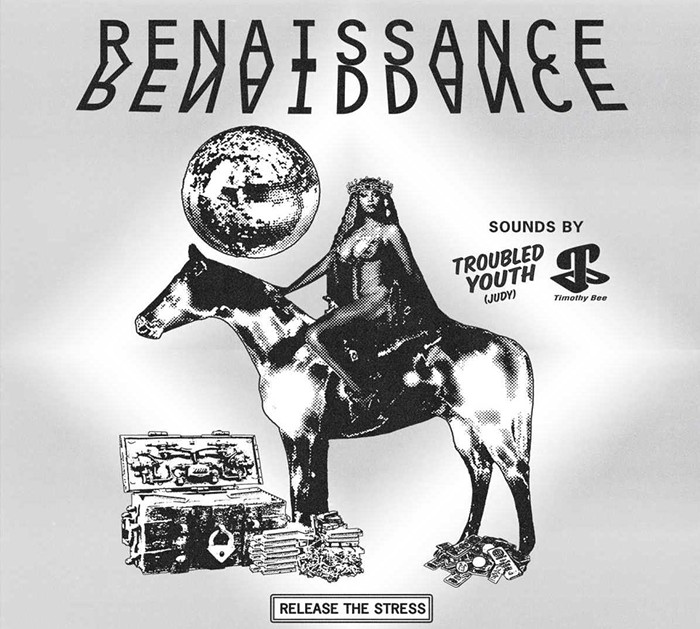AS MOST OF US KNOW, the annual State of the Union is a historical event, in which the president of the United States takes to the podium and summarizes the country's current status, as well as his agenda for the year. The speech is punctuated with polite cheers of enthusiasm, as well as introspective silence when appropriate, and all in all, it provides Americans with a sense of hope and reassurance regardless of whether or not they're founded.
Talking with Eric Earley of Blitzen Trapper is like playing catch-up with the State of American Music, going back to the sounds from the Appalachians, awash with autumnal flame and preternatural twang; the sounds funneled in through Alan Lomax's gramophone and rendered near unrecognizable as they're spat back out of the mouths of sweaty kids in dimly lit venues across America. And whether or not all abiding citizens can agree with this opinion (though given our democratic stance, not all must), since Blitzen Trapper's latest release, Destroyer of the Void, came out in early June, things have been looking a little brighter on our country's musical forefront.
In almost every culture, storytellers are honored for their integral role in the preservation of tradition. When Sub Pop picked up the band and released Furr in 2008, Earley was immediately pinned as a literary luminary. His songs teem with worn images and characters sown from his imagination and various interpretations of real life. To this, he attributes a whole spectrum of things and places, from snippets of phrases caught in conversation to the untamed beauty of Salem, Oregon, to his embellishing lineage. "My dad was a great liar—not a liar, but he made up stories all the time. The men in his family come from the Midwestern, Ozark tradition of playing music, growing beards and telling tall tales. They all had crazy stories that they told about themselves that were maybe true, maybe untrue—you never knew," Earley explains.
This same songwriting ethic is present on Destroyer of the Void, though maybe with a few more rivers to ford and mining claims to purchase. "A lot of people see Destroyer of the Void as being really different from Furr, but the main thing is the level of production. The rest is just trickery," says Earley. This sort of "trickery" is best observed in the album's title track, which certainly takes the all-in approach: "Everything is progressive in this song, nothing is recurring, and that definitely pushes the envelope for me," he says. The song reels on in this fashion for six minutes, careening through every classic rock song ever written and then ending in a quiet whir. It's certainly an ambitious track to begin an album with.
But while this song's "sonic environment," along with the others contained in the concentric circles of the album, is drafted as meticulously as good legislation, the live shows are a raw celebration of musical solidarity among men. Blitzen Trapper has survived 10 years of correlating schedules, soundproofing Portland basements, and cramming into a van together to traverse the country. They have a pair of vans now, and much more legroom, but the founding notions are the same. And while Destroyer is only a handful of weeks old, its successor is already on the boards, as Earley explains, "We've got about six songs down, some more to go."



















